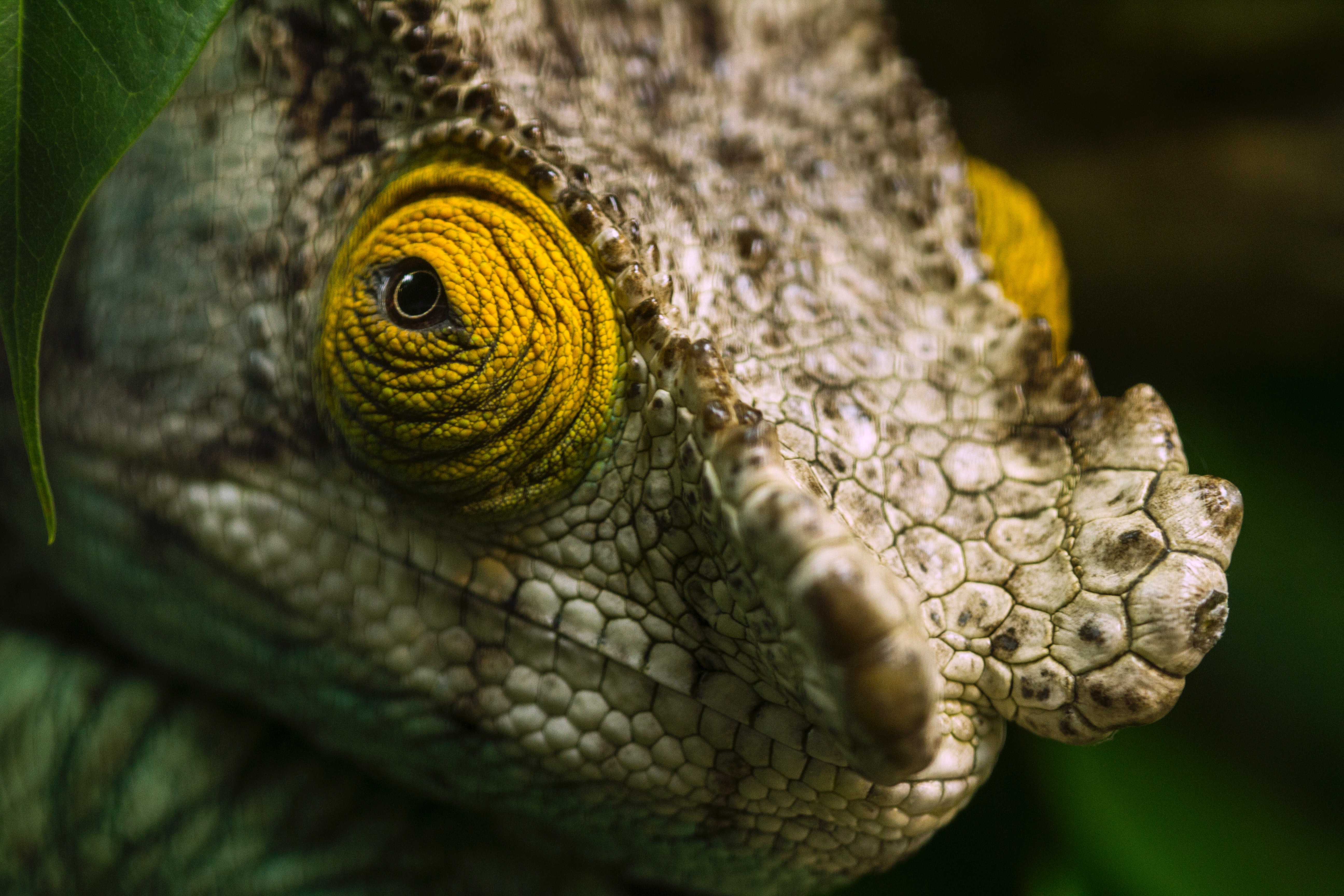Current Conservation Goals “Overlook Genetic Diversityâ€
March 10, 2020Image by SN Pattenden on Unsplash

20 researchers from around the world have agreed in a letter, published in Science on March 6, that the new goals drafted by the Convention on Biological Diversity (CBD) this year do not sufficiently consider genetic diversity. The writers of this letter, including Biological Sciences Associate Professor Paul Hohenlohe, study conservation genetics and are active in conservation policy.
The CBD was established in 1992 as an international treaty and is currently signed by 195 countries. In 2010, the CBD passed a set of 20 biodiversity conservation targets for the decade. Now, 10 years later, it is establishing another set of post-2020 goals. The first draft of these goals was released in January, and has five components: (i) protecting ecosystems, (ii) species and (iii) genetic diversity, (iv) advancing sustainable development, and (v) ensuring equitable sharing of benefits from use of biodiversity and traditional knowledge. The vision of these goals is that, “by 2050, biodiversity is valued, conserved, restored and wisely used, maintaining ecosystem services, sustaining a healthy planet and delivering benefits essential for all people.†The final framework will be voted on in October of this year.
The letter published in Science urges better consideration of genetic diversity in the post-2020 CBD framework. “Genetic diversity is critical for the survival of species and their ability to adapt to changing environmental conditions, such as climate change, and for the functioning of healthy ecosystemsâ€, says Hohenlohe. “The 2010 CBD targets were focused on genetic diversity in livestock and domestic species and their wild relatives, but we urge the new targets to address genetic diversity across all wild species as well.†The letter also proposes indicators of genetic diversity in natural populations that countries can use to monitor their own biodiversity conservation efforts.
Hohenlohe says he got involved in this effort because of his current sabbatical in Europe at two different Spanish research institutes. “I’ve gotten connected with a European Union-funded initiative called Genomic Biodiversity Knowledge for Resilient Ecosystems (G-BIKE), which has the goal of communicating information about genetics to policymakers and conservation practitioners in Europe and helping facilitate the application of conservation genetics tools.â€
Article by Katy Riendeau
IBEST Design & Marketing Coordinator